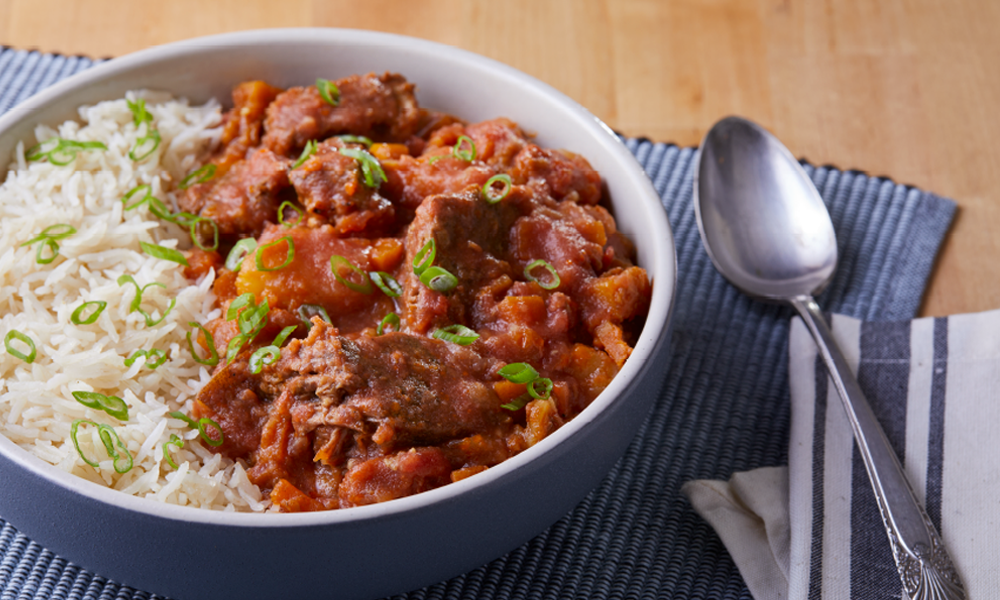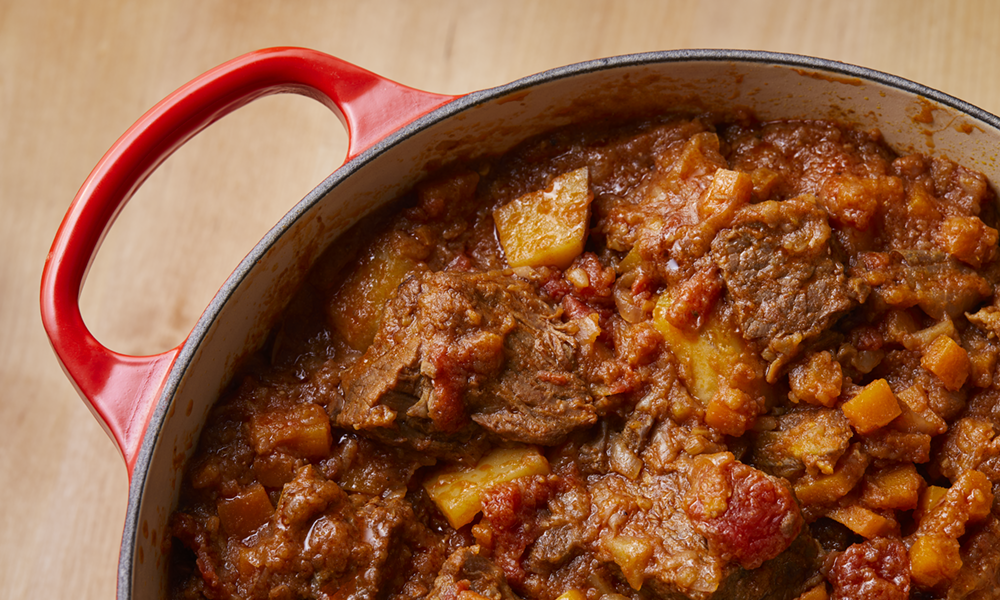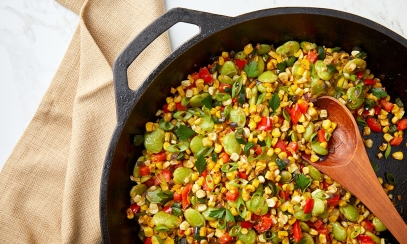
Honoring a Holy Woman Who Suffered Greatly
The Whole of My Life Has Been God's Gift
The Whole of My Life Has Been God's Gift
If I was to meet those slave raiders that abducted me and those who tortured me, I'd kneel down to them to kiss their hands, because, if it had not have been for them, I would not have become a Christian and religious woman.” -St. Josephine Bakhita
If I was to meet those slave raiders that abducted me and those who tortured me, I'd kneel down to them to kiss their hands, because, if it had not have been for them, I would not have become a Christian and religious woman.” -St. Josephine Bakhita
Imagine being a child living a happy and comfortable life until one day, being terrifyingly kidnapped and sold into slavery.
This is the story of an African woman who, after years of horrible treatment, would profess that she would never have come to know Jesus and enter his Church had she not been kidnapped.
St. Josephine Margaret Bakhita was born around 1869 in the Darfur region of Sudan. As a young child, she was kidnapped by Arab slave traders and forced to walk hundreds of miles to a slave market to be sold.
Eventually, Josephine was sold to an Italian consul who took her to Italy. There, she made her way to a school run by the Canossian Sisters, which is an international missionary congregation. Josephine felt drawn to Christ and wanted to learn more about the Catholic Church. Eventually, in 1890, she was able to celebrate the sacraments of Christian initiation, and six years later joined the religious sisters of the Daughters of Charity of Canossa.
For the next 42 years, she was a cook and doorkeeper at her convent. Her missionary spirit drove her to travel to other convents to share her story and to prepare other sisters for work in Africa. The local people loved her gentle, holy ways and felt safe in her presence. Josephine was canonized by Pope John Paul II in 2000. She is the first person to be canonized from Sudan, and is the patron saint of the country. Her feast day is celebrated on Feb. 8.
What follows is a traditional Sudanese dish in honor of St. Josephine. The recipe has a wonderful flavor! As we relish the beautiful cuisine to come from that part of Africa, may we also focus our prayers to St. Josephine Bakhita in the month of February and ask for her intercession for the protection of all people threatened by slavery and human trafficking.
Michelle Sessions DiFranco is a designer and the busy mom of three children.
¡Lee este artículo en español! (Spanish Language Version)
Sudanese Beef Stew
- 2 pounds beef (cubed)
- 3-4 tablespoons canola oil
- 4-5 onions (sliced)
- 2-3 carrots (diced)
- 1 cinnamon stick
- 1 tablespoon coriander powder
- 1 tablespoon cumin powder
- 1 teaspoon curry powder
- ¼ teaspoon ground cardamom
- 1 14.5 oz can diced tomatoes
- 2-3 cloves garlic (minced)
- 1 ½ pounds diced potatoes
- (1 ½ inches)
- 1 ½ cups beef broth
- 2 tablespoons tomato paste
- Salt and pepper to taste
In a large Dutch oven, sauté the onions for 2-3 minutes. Add the beef and cook until brown on all sides. Add the cinnamon stick, spices and a bit of salt and pepper. Stir until combined. Add the carrots and tomatoes and cover with lid. Cook on low to medium heat for 15-20 minutes stirring occasionally and breaking down the onions. Remove lid and add minced garlic, potatoes and 1 to 1 ½ cups of beef broth. Stir in tomato paste, cover with lid and cook for an additional 40-45 minutes. Remove lid and stir until some of the liquid evaporates. Add more salt and pepper to taste (if necessary). It should be the consistency of a sauce rather than soup. Serve with rice or flat bread.




